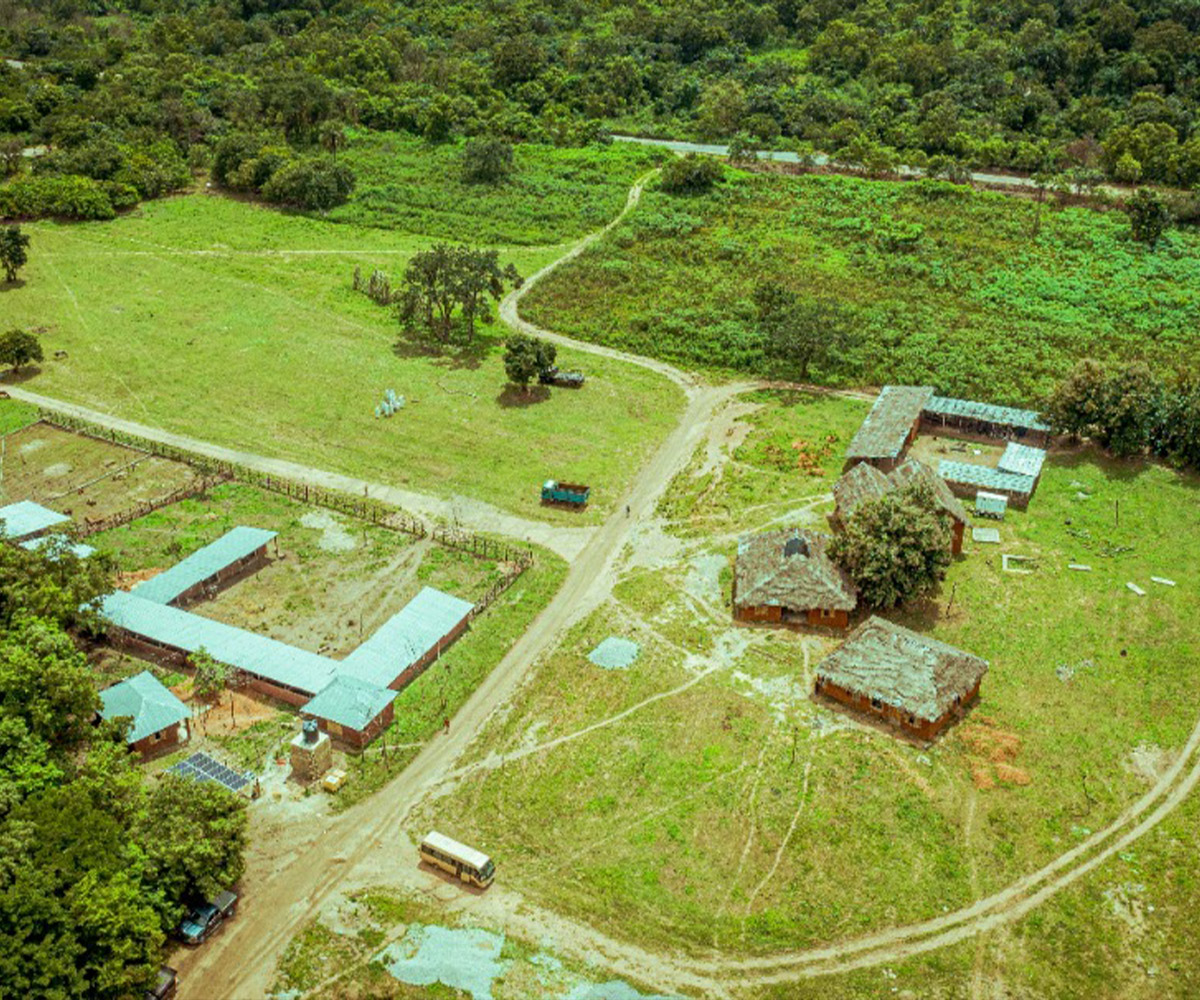
Film & TV
From YouTube to Netflix, African Folktales Open Doors for Loukman Ali

By Chisom Peter Job
July 2023
-
A new partnership with Netflix offers up and coming filmmakers the chance to reimagine African folktales.
-
Loukman Ali gained valuable experience working with Big World Cinema, learning the ropes of a large scale production.
-
African Folktales is now available on Netflix.
“We were working with guns and shooting in an area going through disarmament, with a couple of crazy warriors in the region who had guns while the government was trying to take them [the guns].”
Loukman Ali is a successful solo filmmaker who was prolific on YouTube. In 2021, Netflix launched a short-film competition with UNESCO in Sub-Saharan Africa, focused on African Folktales, Reimagined. The winners got $75,000 toward mentorship opportunities and the projects, which premiered on March 16th.
The Ugandan filmmaker’s film, Katera of the Punishment Island, was selected as a finalist. The story follows a woman who exacts revenge on the powerful man who leaves her and other unmarried, pregnant women on a remote island to die. The film, based on “something that used to happen in Uganda a long time ago,” is an exploration of the grief these women endured. The idea came after Ali watched a documentary about a woman saved from the island. “Something in my brain sparked when I watched that documentary. I wondered what would happen if one of the girls escaped and came out to seek revenge.”
Ali felt the competition and mentorship helped him develop deeper skills when it comes to story structure. “During the whole process of writing and editing, I learned a lot from the Netflix and Big World Cinema team because there are many things I’d never thought about that way,” he tells STATEMENT.” He explained that those companies can anticipate problems before it becomes too costly to make changes.
Ali shared his major problem dealing with filming scenes with guns, after the stuntman quit. “There’s a point where we used a gatling gun. We thought we would hire one from the police or the army, but then we quickly realized that they wouldn’t let that happen, which led us to make one. And as you can imagine, that’s illegal, and we were trying to be as legal as possible,” he says, “which led us to create bits of a gun and then assemble and disassemble after because we wanted to be in a gray zone where we weren’t breaking any laws.”
Working with Big World Cinema allowed Ali to understand how collaboration operates on a larger, studio-level scale. As a filmmaker, he knew quite a lot, but he also got to experience working with a team and understanding how the feedback loop works, things he wasn’t familiar with as a solo artist.

